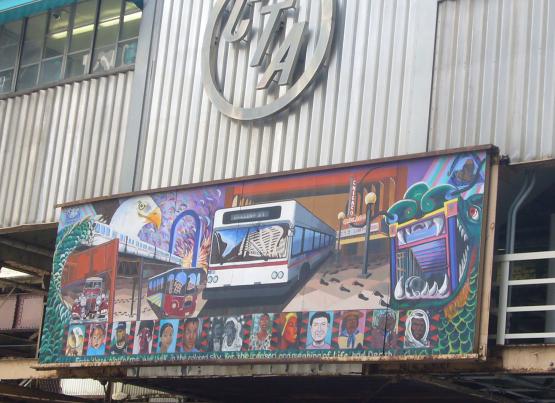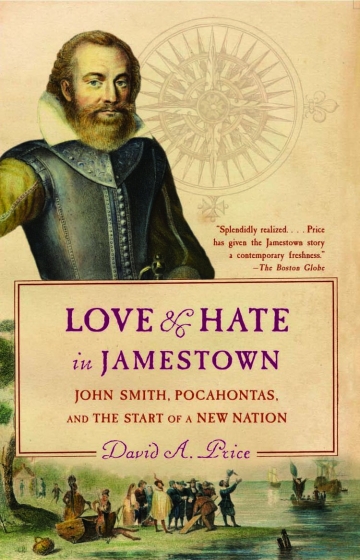
Right on the streets of every American community, robbery takes place every working day. You might not realize how much value the people of Chicago (and every other community) create, simply by going about our daily activities. What is this wealth, how do we create it, and where does it go?
Originally conceived as a field trip for Progress & Poverty students, this stroll — about 2 km and 90 minutes — presents some answers for those interested in finding out. Additionally, we’ll take a look at recovered loot of a long-ago theft, learn how Thomas Jefferson would have solved the problem of financing Chicago’s public schools, and see an economic development incentive that costs less than nothing. We might stop for snacks along the way (individual settlement).
Detailed sourced notes will be provided. The requested $10 donation is waived for anyone who in the past two years has taken any Henry George School course, or made a donation to the School; it is also waived for anyone who cannot afford it.

Right on the streets of every American community, robbery takes place every working day. You might not realize how much value the people of Chicago (and every other community) create, simply by going about our daily activities. What is this wealth, how do we create it, and where does it go?
Originally conceived as a field trip for Progress & Poverty students, this stroll — about 2 km and 90 minutes — presents some answers for those interested in finding out. Additionally, we’ll take a look at recovered loot of a long-ago theft, learn how Thomas Jefferson would have solved the problem of financing Chicago’s public schools, and see an economic development incentive that costs less than nothing. We might stop for snacks along the way (individual settlement).
Detailed sourced notes will be provided. This is now a free tour, no donation required, although we do appreciate (tax-deductible) contributions from those who can afford it and find the event worthwhile.
If you want to understand the underlying causes of persistent poverty in America, you’ll benefit from this course. This is the “modern” version, based on Bob Drake’s “Abridged for Modern Readers” edit of Henry George’s original book. As always, the first class session is entirely free, but if you decide to enroll in the course we request a $25 fee to help cover costs. Veteran HGS instructor Bob Jene will help you understand not only the causes of economic stagnation, but a workable remedy.
This course will meet for six consecutive Friday’s beginning January 6. Our space at Overflow Coffee Bar is directly served by CTA routes 62 and 29, and a reasonable walk from Red, Green, and Orange Line Roosevelt station, as well as Metra Electric’s Museum Campus and 18th Street stops.

Urban sprawl is threatening to destroy much valuable farmland. We will look at data from one of the leading national organizations trying to mitigate this damage, The American Farmland Trust (AFT). Among other things they buy development rights from farmers to insure the land’s continued use in agriculture and attempt to facilitate community supported agriculture which makes family farms more viable. The Georgist fiscal reform reduces sprawl alleviating pressure on farmland.
(image credit: Kristian Bjornard ; Attribution-ShareAlike 2.0 Generic (CC BY-SA 2.0); https://flic.kr/p/8RYWFy)
 “In 1606, approximately 105 British colonists sailed to America, seeking gold and a trade route to the Pacific. Instead, they found disease, hunger, and hostile natives. Ill prepared for such hardship, the men responded with incompetence and infighting. Only the leadership of Captain John Smith averted doom….” (from the book jacket).
“In 1606, approximately 105 British colonists sailed to America, seeking gold and a trade route to the Pacific. Instead, they found disease, hunger, and hostile natives. Ill prepared for such hardship, the men responded with incompetence and infighting. Only the leadership of Captain John Smith averted doom….” (from the book jacket).
